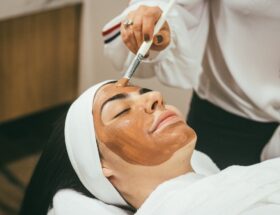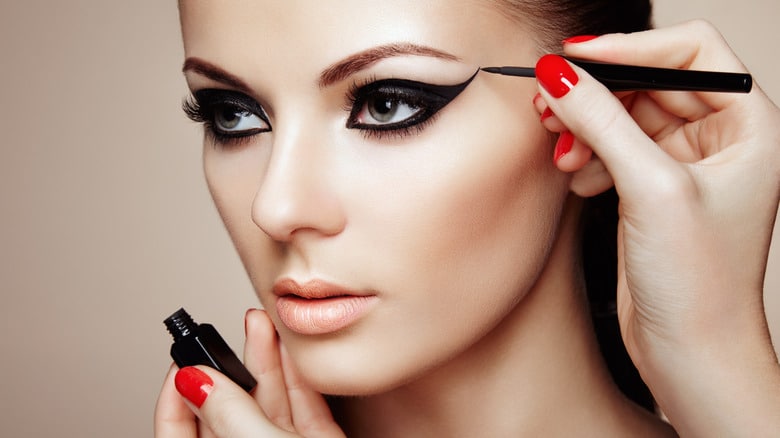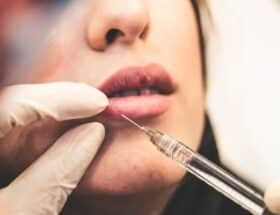Your skin protects you from abrasion, chemicals, and pathogens. Proper hygiene plays a crucial role in maintaining your skin healthy and glowy. This guide will explore some essential dos and don'ts for skin hygiene that you can easily incorporate into your skincare routine.
By following these dos and don'ts, you'll be on your way to achieving the luminous complexion you've always desired.
The Dos of Skin Hygiene
Cleanse Twice Daily
One of the fundamental steps to Incorporate into Your Skincare Routine is cleansing your face twice a day. Use a gentle, pH-balanced cleanser in the morning and evening to remove dirt, oil, and impurities that accumulate on your skin throughout the day.
This practice helps prevent clogged pores and breakouts while preparing your skin for the next steps in your routine.
Exfoliate Regularly, but Gently
Exfoliation is key to removing dead skin cells and promoting cell turnover. However, it's important to strike a balance. Use a gentle exfoliant 1-2 times a week, depending on your skin type. Chemical exfoliants like AHAs or BHAs can be less abrasive than physical scrubs and are often more effective for achieving that coveted glow.
Keep Your Hands Clean
Our hands come into contact with countless surfaces throughout the day, accumulating bacteria and dirt. Make it a habit to wash your hands thoroughly before touching your face or applying skincare products. This simple practice can significantly reduce the transfer of harmful microbes to your skin.
Use Clean Towels and Pillowcases
Regularly change your face towels and pillowcases, ideally every 3-4 days. These items can harbor bacteria, dead skin cells, and residual products that can transfer back to your skin, potentially causing breakouts or irritation.
Stay Hydrated
Proper hydration is essential for maintaining healthy, glowing skin. Drink plenty of water throughout the day to help flush out toxins and keep your skin plump and radiant. Consider using a humidifier in dry environments to prevent moisture loss from your skin.
The Don'ts of Skin Hygiene
Don't Skip Sunscreen
One of the most crucial steps to incorporate into your skincare routine is applying sunscreen daily, even on cloudy days or when indoors. UV rays can penetrate windows and cause premature aging and skin damage.
Choose a broad-spectrum sunscreen with at least SPF 30 and reapply every 2 hours when exposed to sunlight.
Avoid Touching Your Face Frequently
Constantly touching your face can transfer bacteria and oils from your hands to your skin, potentially leading to breakouts and irritation. Be mindful of this habit and try to minimize face-touching throughout the day.
Don't Use Harsh Soaps or Hot Water
Harsh, alkaline soaps can strip your skin of its natural oils, leading to dryness and irritation. Similarly, very hot water can disrupt your skin's protective barrier. Opt for lukewarm water and gentle, pH-balanced cleansers to maintain your skin's natural balance.
Avoid Sleeping with Makeup On
Sleeping with makeup on is a cardinal sin in skincare. It can clog pores, lead to breakouts, and prevent your skin from properly regenerating overnight. Always remove your makeup thoroughly before bed, no matter how tired you are.
Avoid Over-Exfoliating
While exfoliation is important, overdoing it can damage your skin's protective barrier, leading to irritation, redness, and increased sensitivity. Stick to the recommended frequency for your skin type and avoid harsh, abrasive scrubs.
Conclusion
Achieving glowing, healthy skin is a combination of proper skin hygiene practices and consistent care. Hope these dos and don'ts can help you better take care of your skin. Remember, everyone's skin is unique, so pay attention to how your skin responds and adjust your routine accordingly. With patience and persistence, you can achieve the radiant complexion you've always dreamed of.
*disclaimer - This article is not generated by a licensed dermatologist, it is generated for information purposes, please consult your dermatologist for skin advise.



